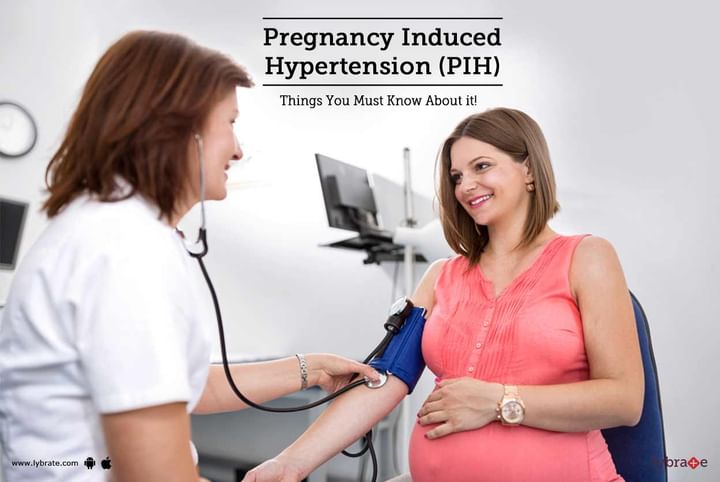Pregnancy Induced Hypertension (PIH) - Things You Must Know About it!
The pressure of blood vessels in the body is referred to as blood pressure. It is essentially the measure of the force of the blood while it travels through the vessels. Doctors measure it with a blood pressure device and a stethoscope. A reading higher than the normal reading is termed as which blood pressure.
Blood pressure during pregnancy is of 3 types:
- Chronic hypertension: This is the kind of hypertension that could be pre-existent before the pregnancy or has developed after 5th month of pregnancy.
- Gestational hypertension: This is the type of hypertension, which stays till late pregnancy and disappears suddenly. There are no particular symptoms about it.
- Pregnancy induced hypertension (PIH): This condition is also known as preeclampsia or toxemia. It can cause serious potential harm if medical care is not taken on time. Both the mother and the baby gets affected if not treatment is not started on time. It typically affects a woman during the 20th week of pregnancy. Some other symptoms include excess protein in the blood and the urine.
The risk of pregnancy induced hypertension:
PIH can have serious consequences on the baby and the mother at large. The placenta fails to carry an adequate amount of protein in urine. This can result in several complications ranging from a low body weight of the fetus to other birth related complications. Once common complications where a baby suffers is known as eclampsia. This is a condition where both the baby and the mother suffer from seizures.
Symptoms of pregnancy induced hypertension:
There are various symptoms of pregnancy induced hypertensions. Some of the visible signs of this condition are vomiting blood, faster heartbeat, acute headaches, swelling of the hands and feet, less than normal urine, nausea, persistent fever, pain in the tummy, dizziness, frequent vomiting, drowsiness and blurred vision. Other symptoms are headache, excess weight gain, edema over feet, abdominal wall and other parts of body. If a woman is facing any one or more of the above symptoms, she should make it a point to visit a doctor at the earliest.
Risk factors of pregnancy induced hypertension:
PIH is frequently observed in those women whose sisters or mothers have faced the same during their pregnancies. The risk factors increase in those women who are carrying more than one baby. A woman who have not attended adulthood or who are above the age of 40 also runs the risk of suffering from pregnancy induced hypertension.
Diagnosis and treatment:
There is no single test that could identify PIH. Along with the usual symptoms, a doctor looks for persistent high blood pressure for any indication. A doctor might prescribe few blood tests to confirm the diagnosis. The treatment that works for this condition is to ensure that the baby is delivered at the earliest. If it’s the condition is detected few weeks before the delivery, a doctor let the condition be as it is, if however, the condition is diagnosed several months before the pregnancy, a doctor can have the baby delivered early in order to ensure the sound health of the baby and the mother. If you wish to discuss about any specific problem, you can consult a gynaecologist.



+1.svg)
